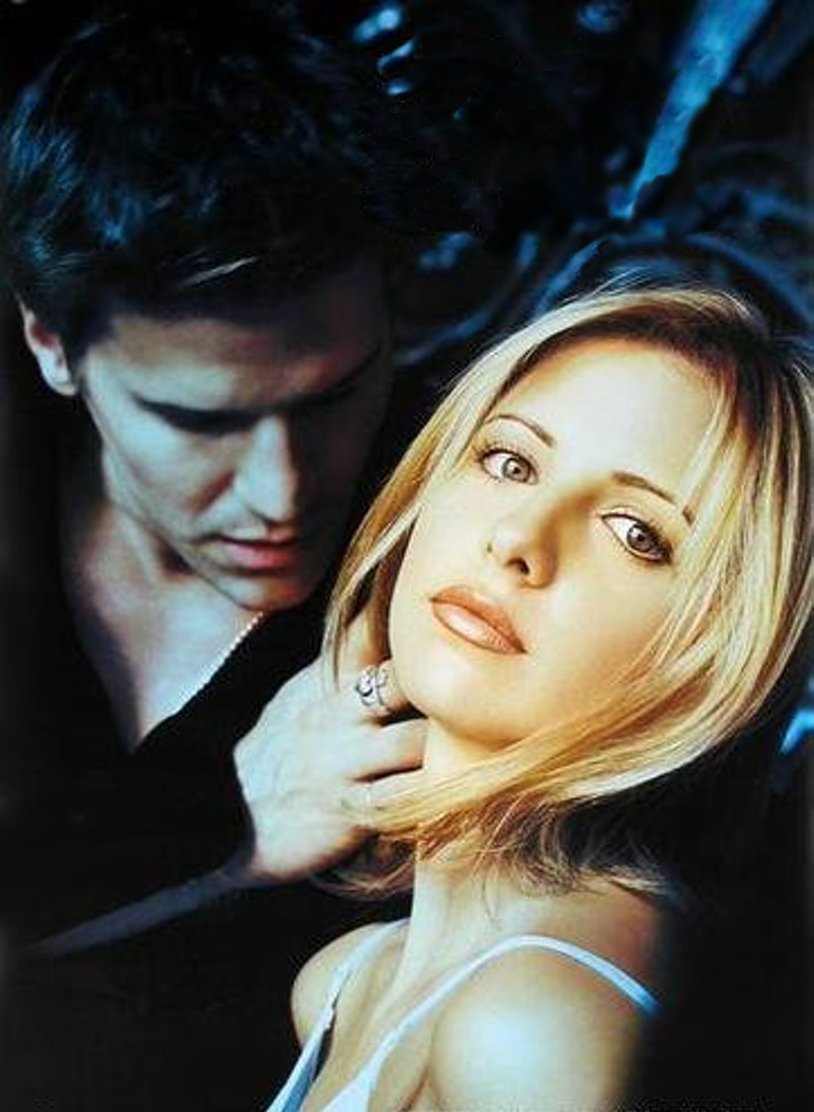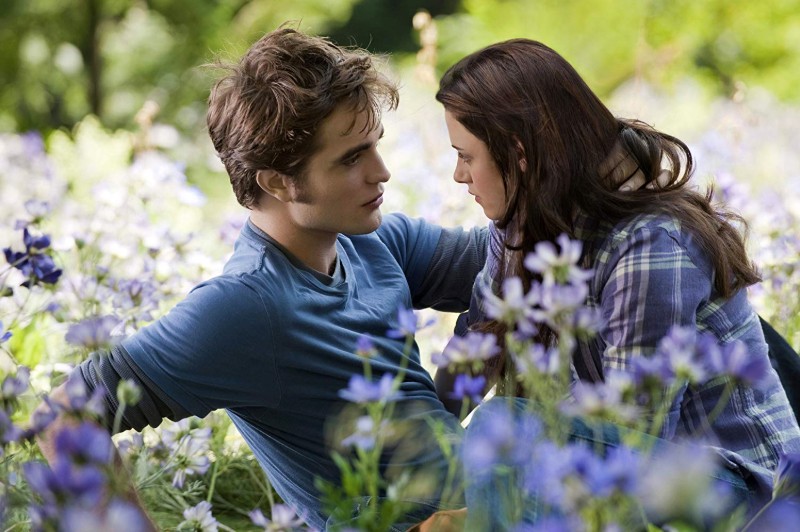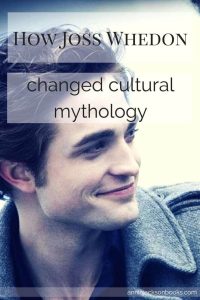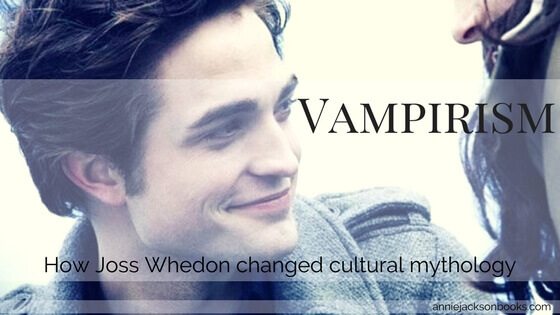The last Twilight movie is almost upon us and so my sister and I had a marathon this past weekend to prepare. For some reason just before we started Breaking Dawn part 1 we were talking about vampires or something and I commented that our current societal concept of vampires is from Joss Whedon. That Twilight wouldn’t exist without Buffy. She scoffed as sisters are wont to do and I then decided to prove my point. so here you go.
In early vampire stories like Dracula and Nosferatu vampires represented our fears. They were tortured men; powerful but depraved. They were monsters and the stuff of horror stories. There was never any romance in a vampire story. Seduction, yes. But the girl was always in danger of falling victim to the vampire and it was the stalwart, entirely and admirably normal man in her life who saved her from the clutches of the vampire.
Vampires were old and decrepit though they hid it behind their glamour and power. Or they were terrifying, like bats with human form, with fangs and an unsettling need to drink blood. Even as the stories progressed and vampires were younger and charming in their seduction they were still dangerous and entirely untrustworthy. They would destroy you and satisfy their desire in the process.
Joss accepted this idea of vampires in Buffy the Vampire Slayer (the tv show – we don’t talk about the movie). They were still horrible and dangerous and ugly in their true form however handsome they might pretend to be. Except for the one he gave a soul.

Suddenly there was angst; the torment of an instinctive compulsion to be vicious restrained by a damnable conscience. And a being with a conscience, with that breath of humanity, is someone that can fall in love. Vampires were suddenly capable of more than possession, more than devouring the woman they wanted. Joss pioneered the idea that a vampire could actually have a relationship with humans.
A vampire in love with a Slayer. It’s rather poetic… in a maudlin sort of way.
But more crucial than giving Angel a soul, Whedon changed the metaphor. Vampires weren’t symbols of our fears any longer, they were us. And that insatiable thirst could be any addiction; the flirtation with the darkness was our proclivity for self-destruction. The vampire story changed, blurring the lines of who was the good guy and who was the bad guy because we were really discussing human strengths and weaknesses and struggles but on a heightened, more visceral plane. Somehow the vampire was the stalwart hero and our idea of what a vampire was irrevocably changed.
And then changed again by Twilight itself which offers weakly romanticized vampires. Half the young adult books now offer creatures even more human than before, not even metaphoric or symbolic so much as a device to create danger and venture into the alluring realm of the supernatural.

Perhaps it is a step too far to say that Twilight would not exist without Buffy, given that Stephenie Meyer contends she’d never seen the show or watched or read anything with vampires. But social consciousness is pervasive. Changing the stories we tell changes what we think is possible, how we understand different concepts; what we imagine and what we dream. You have to wonder if Joss Whedon hadn’t changed our society’s idea about vampires if the creature in the meadow with Bella would have been something else.
ETA: My sister’s response to this is that there were stories prior to Buffy that involved a vampire in an actual relationship with a human; some as far back as the 1930s or something. I’ll grant that. Though I still contend that they didn’t impact society’s idea of vampires, evidenced by the fact that she had to do research to find them.

